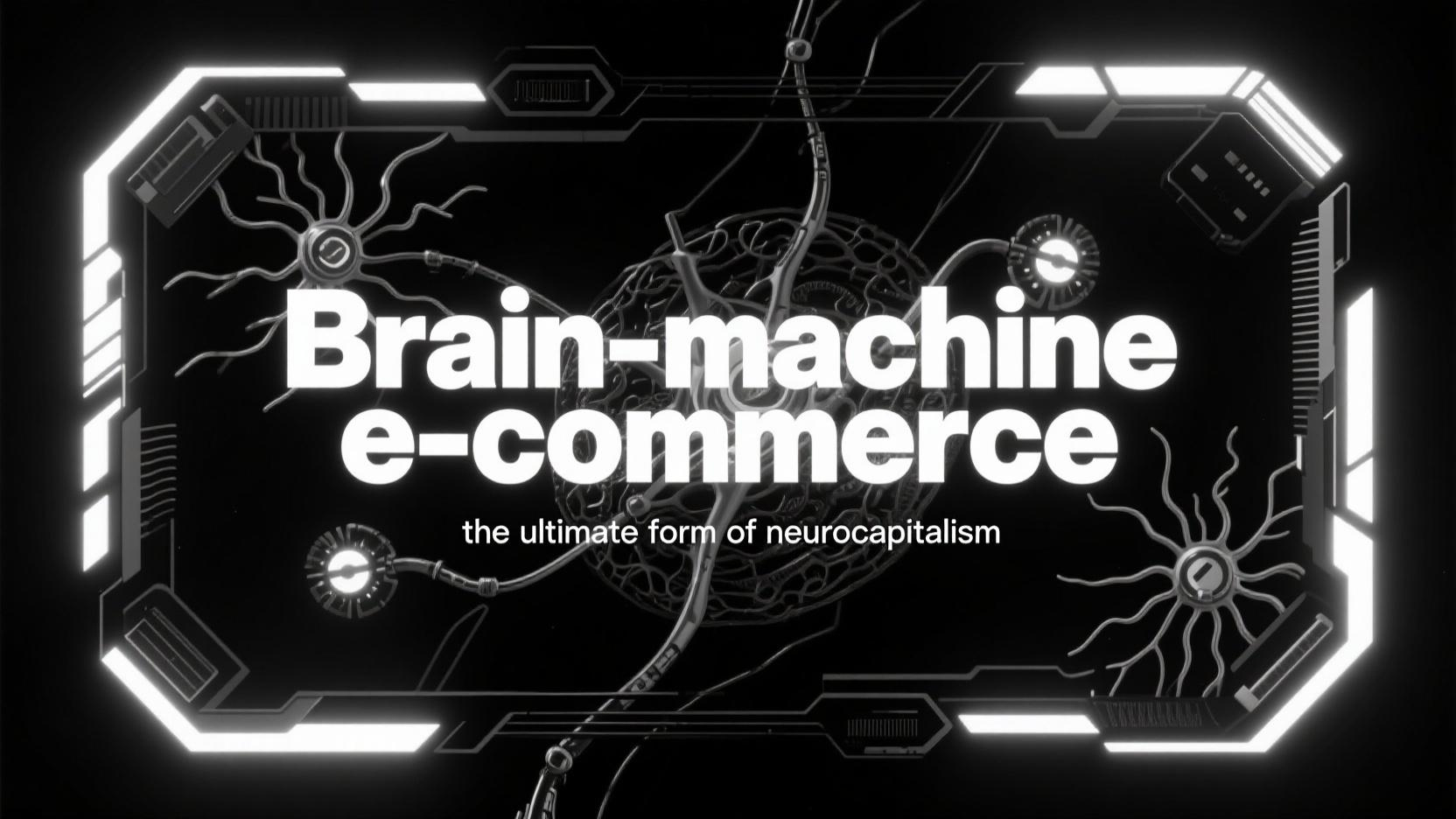
Imagine a world where your brainwaves are your shopping cart. Where desire is measured not by clicks or scrolls, but by surges of dopamine and pulses in your nucleus accumbens. This is not science fiction. It is NeuroCommerce, the bleeding edge of cognitive capitalism—and it is already here.
At the forefront is Amazon’s NeuroStore, a platform that blends brain-computer interfaces (BCIs) with predictive purchasing algorithms. Users don lightweight EEG headbands that measure neural signals in real time. The platform’s core algorithm interprets nucleus accumbens activation—a brain region linked to reward and motivation—to generate a “purchase desire score.” Early trials show a chilling 94% accuracy in predicting buying decisions before a user is even consciously aware of them.

But that’s not all. A dopamine pricing model tracks neurochemical responses to dynamic pricing and visual stimuli. Based on internal studies, average cart values rose 90% when the system dynamically adjusted price points to trigger microbursts of pleasure.
🧠 From Recommendation to Manipulation
What started as personalization has turned into pre-cognitive persuasion. NeuroCommerce doesn’t just respond to desires—it creates them. Items morph in real-time via holographic interfaces based on fluctuations in user mood, hormone cycles, or stress levels. Your impulse is now the product.
In 2025, a scandal erupted: a global beauty brand was accused of exploiting brainwave data to target women during periods of hormonal anxiety, pushing cosmetic purchases with emotionally charged ads. The class-action lawsuit, now totaling $4.7 billion, marked the first major backlash against neural targeting.
🛑 EU Strikes Back: The “NeuroRights Act”
In response to mounting concerns, the European Union passed the “NeuroRights Act” in late 2025—a legislative firewall against invasive neural commerce. Key provisions include:
- A ban on insular cortex scanning, the region responsible for emotional pain and disgust. Violators face fines up to 20% of annual global revenue.
- Neurodata ownership mandates, requiring companies to pay users $0.03 per second for brainwave data access.
- Mandatory neural opt-outs, enabling users to block commercial signal reception during stress or fatigue.
These protections aim to enshrine cognitive sovereignty as a fundamental right—placing neural privacy on par with data and physical rights.
🤯 Capitalism at the Speed of Thought
While legal safeguards offer some resistance, the ethical dilemmas persist. Can you truly consent to a purchase decision that was neurologically predicted before you even made it? What happens when the line between suggestion and coercion disappears?
The future of e-commerce may no longer depend on attention spans, but on synaptic activity. Shopping becomes a stream of neurochemical reactions, optimized and monetized in real time.

🧬 Toward Neuro-Sustainability?
Proponents argue that NeuroCommerce reduces friction, waste, and misaligned marketing. But critics warn of a deeper cost: the commodification of the self. When our feelings, impulses, and micro-emotions are mined for profit, what remains of authentic agency?
As neural capitalism accelerates, society faces a pivotal question: Should every part of the mind be for sale?
Because once we allow thoughts to become transactions, the last frontier of freedom may quietly vanish—in a perfectly targeted dopamine surge.






